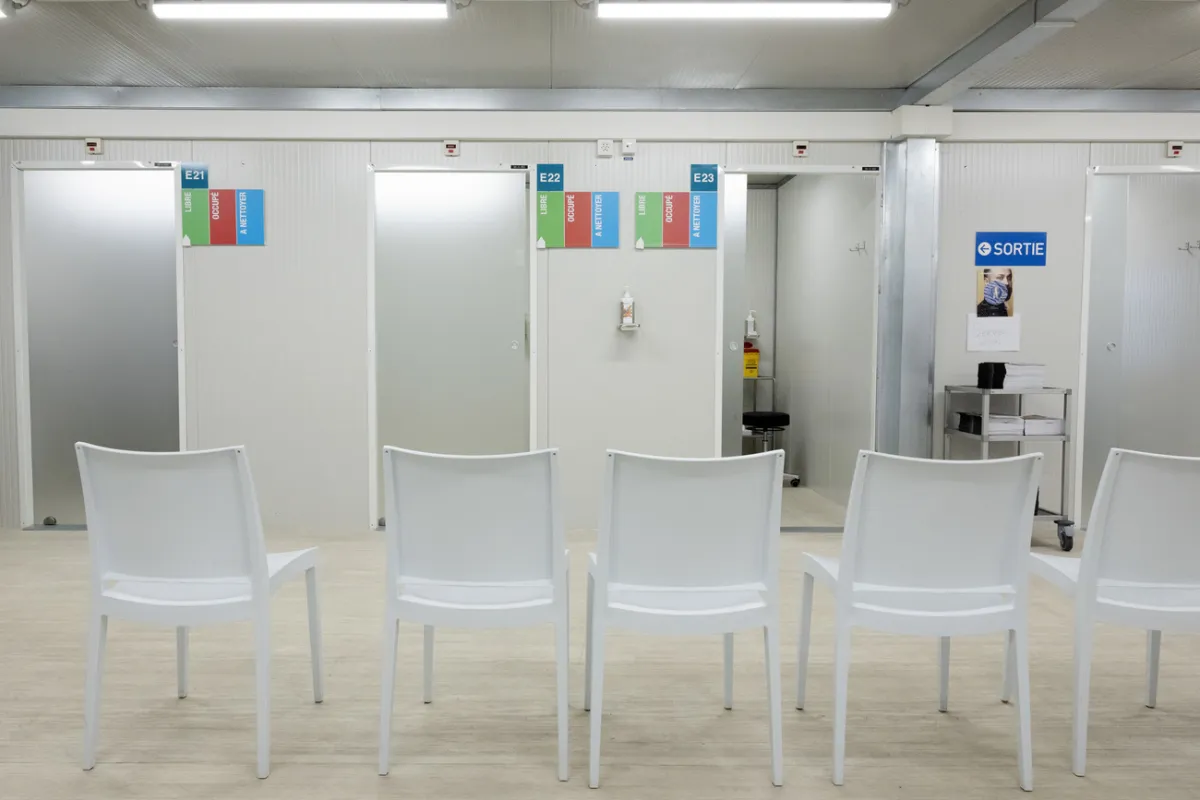
Vaccine Hesitancy: Impact On Public Health Today
-
Deutsch
de
Impfmüdigkeit – die Lektionen der Schweiz
Read more: Impfmüdigkeit – die Lektionen der Schwei
Français
fr
Leçons de Suisse: affronter l'hésitation vaccinale à l'ère de la désinformation
Read more: Leçons de Suisse: affronter l'hésitation vaccinale à l'ère de la désinformatio
In 2024, the WHO European Region recordedExternal link the highest number of measles cases in over 25 years. In the United States, an ongoing outbreak has already caused the first measles-related deathsExternal link in more than a decade, and the country now risks losing the elimination status for the disease that it achieved in 2000.
These outbreaks, which are partly fuelled by declining vaccine coverage, are a reminder that immunisation remains a vital factor in controlling and eliminating infectious diseases. In recent years, concerns and doubts surrounding the necessity, safety, and effectiveness of vaccines have been growing. And while hesitancy doesn't necessarily lead to refusal, it can still cause delays, missed doses, and lower overall coverage – all of which increase the risk that potentially life-threatening viruses and bacterial infections will spread.
As governments around the world grapple with rising vaccine hesitancy, Switzerland's experience with complementary and alternative medicine (CAM) providers – who are well integrated into the healthcare system and often perceived as more open and understanding – highlights how empathetic, patient-centred communication can make a difference.
Despite often being portrayed as being anti-vaccine in the media, hesitancy is, by definition,“a state of indecision and uncertainty before a decision is made” on whether to get a jab, says Heidi Larson, Professor of Anthropology, Risk, and Decision Science at the London School of Hygiene & Tropical Medicine. Larson founded the Vaccine Confidence ProjectExternal link in 2010 to better understand growing vaccine scepticism and misinformation.
This is why people shouldn't be categorised simply as“pro” or“anti” vaccine, warns Michael Deml, a researcher at the infectious diseases department of the Kantonsspital Baselland, the central healthcare facility for the Basel region.“It's a lot more complex and nuanced.”
More More Global concern over measles is rising. Should Switzerland worry?This content was published on May 30, 2025 Measles is making a global comeback. In Switzerland, a crisis is unlikely – but authorities warn a strong vaccination rate remains crucial.
Read more: Global concern over measles is rising. Should Switzerland worry
Legal Disclaimer:
MENAFN provides the
information “as is” without warranty of any kind. We do not accept
any responsibility or liability for the accuracy, content, images,
videos, licenses, completeness, legality, or reliability of the information
contained in this article. If you have any complaints or copyright
issues related to this article, kindly contact the provider above.


















Comments
No comment